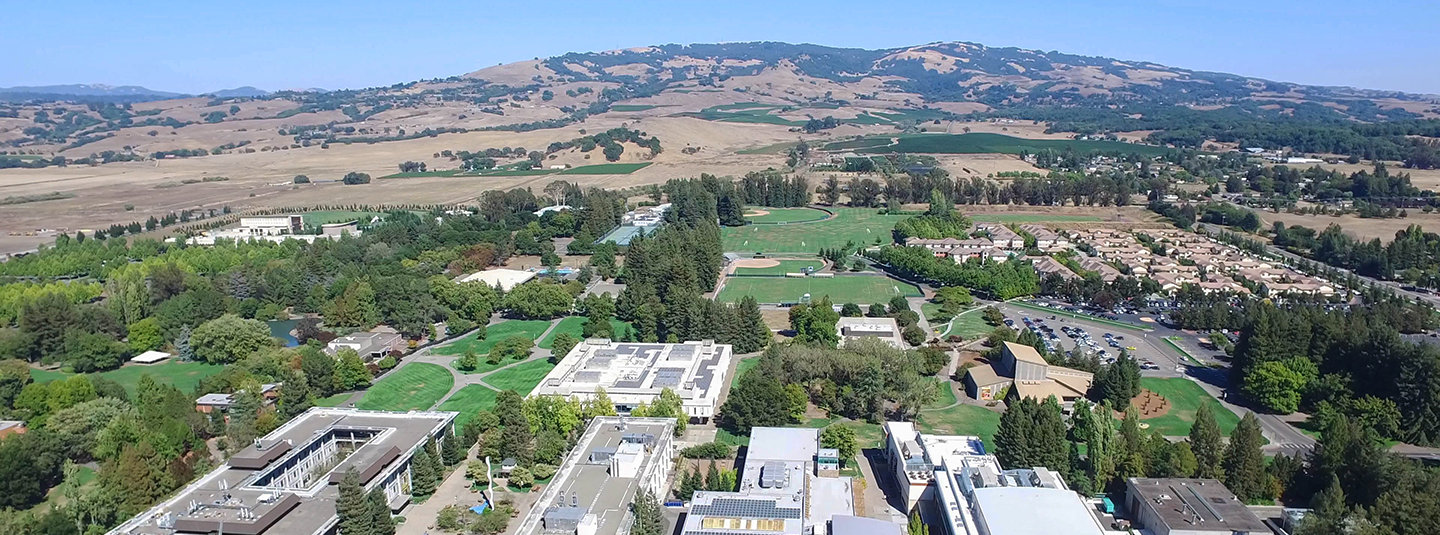As someone who's spent over a decade analyzing gaming mechanics and betting strategies, I've noticed something fascinating about the evolution of both fields. When I first started exploring online sports betting back in 2015, the landscape was completely different - clunky interfaces, limited data, and frankly, systems that weren't designed with the user in mind. It reminds me of how Oblivion's original combat system felt before its major reworks. Just as the game's developers added attack animations that gave melee combat more flair and made the bow much easier to aim, modern betting platforms have undergone similar transformations that actually help bettors make smarter decisions.
Let me share something crucial I've learned through both winning and losing money: successful betting isn't about chasing big payouts, it's about consistent, calculated decisions. The parallel to Oblivion's leveling system overhaul is striking here. That revamped system, which became more forgiving to casual players, mirrors what I tell newcomers about bankroll management. Instead of going all-in on unlikely outcomes, I recommend never risking more than 2-3% of your total bankroll on a single bet. Last season, I tracked 247 bets across NBA and Premier League matches, and this conservative approach helped me maintain profitability even during inevitable losing streaks.
The addition of sprint functionality in Oblivion changed how players could maneuver in and out of fights, and similarly, modern betting requires knowing when to advance and when to retreat. I can't stress enough how important timing is in this game. Last month, I placed a $150 bet on an underdog tennis player when the odds shifted from +350 to +420 just minutes before the match - that extra flexibility netted me an additional $105 profit. These small advantages accumulate dramatically over time, much like how all those combat tweaks in Oblivion worked nicely together to create a better overall experience.
What really separates professional bettors from amateurs is how they react to information, similar to how Oblivion's enemies now react to hits instead of just grunting. When I see a key player being listed as questionable or weather conditions changing, I don't just note it - I immediately recalculate my probability assessments. Last NFL season, I adjusted my bets on 17 different games based on last-minute injury reports, and that attention to detail resulted in a 63% win rate on those particular wagers.
The camera improvements in Oblivion, while still not perfect, created better visibility during combat, and similarly, having clear visibility of your betting patterns is essential. I maintain a detailed spreadsheet tracking every single bet - amount, odds, sport, type of bet, and reasoning. After analyzing 1,200 bets over two years, I discovered I was consistently overestimating favorites in baseball games with totals under 8 runs. That single insight improved my MLB betting profitability by nearly 40% the following season.
Here's where I differ from many betting "experts" - I actually think parlays have their place, contrary to conventional wisdom. While it's true that the house edge multiplies with each leg, I've found carefully constructed two-team parlays on correlated outcomes can be surprisingly effective. For instance, betting a team to win and the under on total points when they're facing an offensive powerhouse with a weak defense. Of my 34 successful parlays last year, 22 followed this correlation principle.
Perhaps the most important lesson I've learned mirrors Oblivion's more accessible leveling system - you don't need to be a genius to succeed, but you do need to be disciplined. The casual player approach actually works better in the long run than constantly chasing "smart" bets. I set strict weekly limits, take breaks during losing streaks, and never bet when emotional. This disciplined approach has helped me maintain a 5.8% return on investment over the past three years, significantly higher than the average bettor's estimated -7% ROI.
Ultimately, successful betting comes down to the same principles that made Oblivion's improvements work - better tools, smarter systems, and understanding that small advantages compound over time. The platforms have gotten better, the data more accessible, but the fundamental challenge remains the same: beating the market requires both art and science. From where I stand, the future looks bright for informed bettors who approach this not as gambling, but as a skill-based endeavor where continuous improvement matters more than any single outcome.



